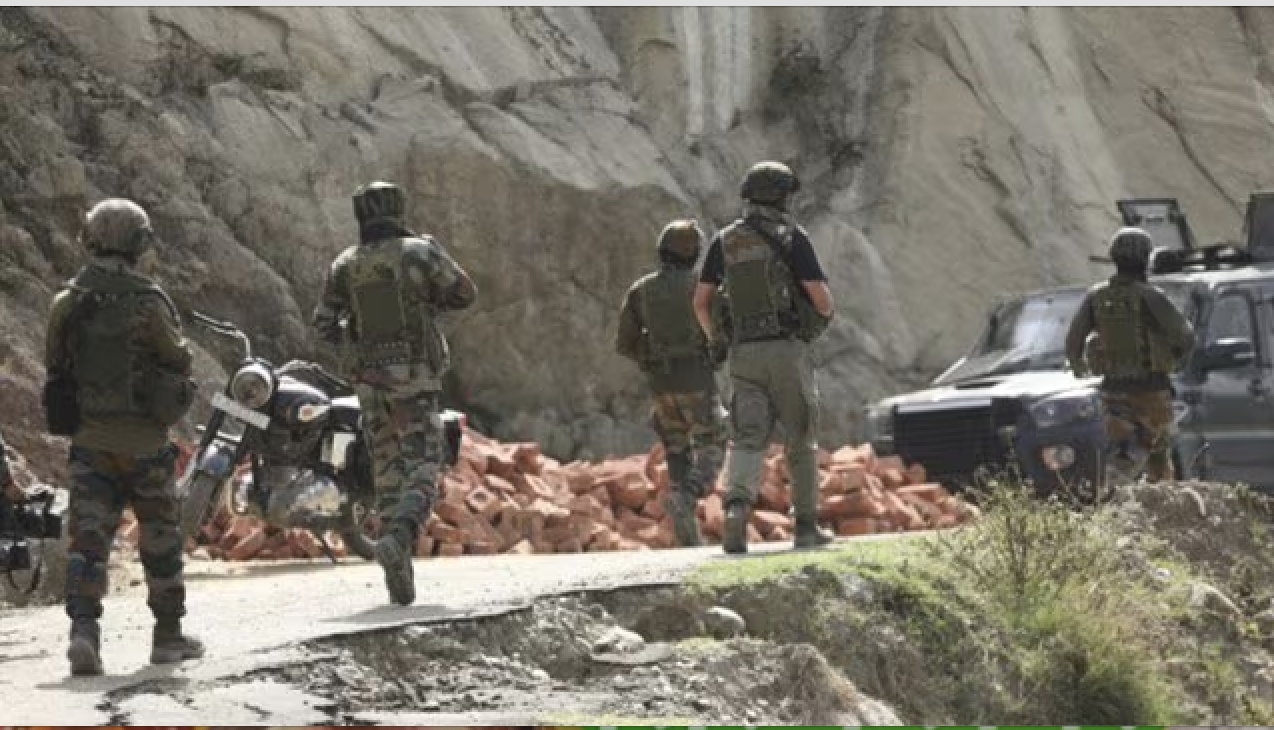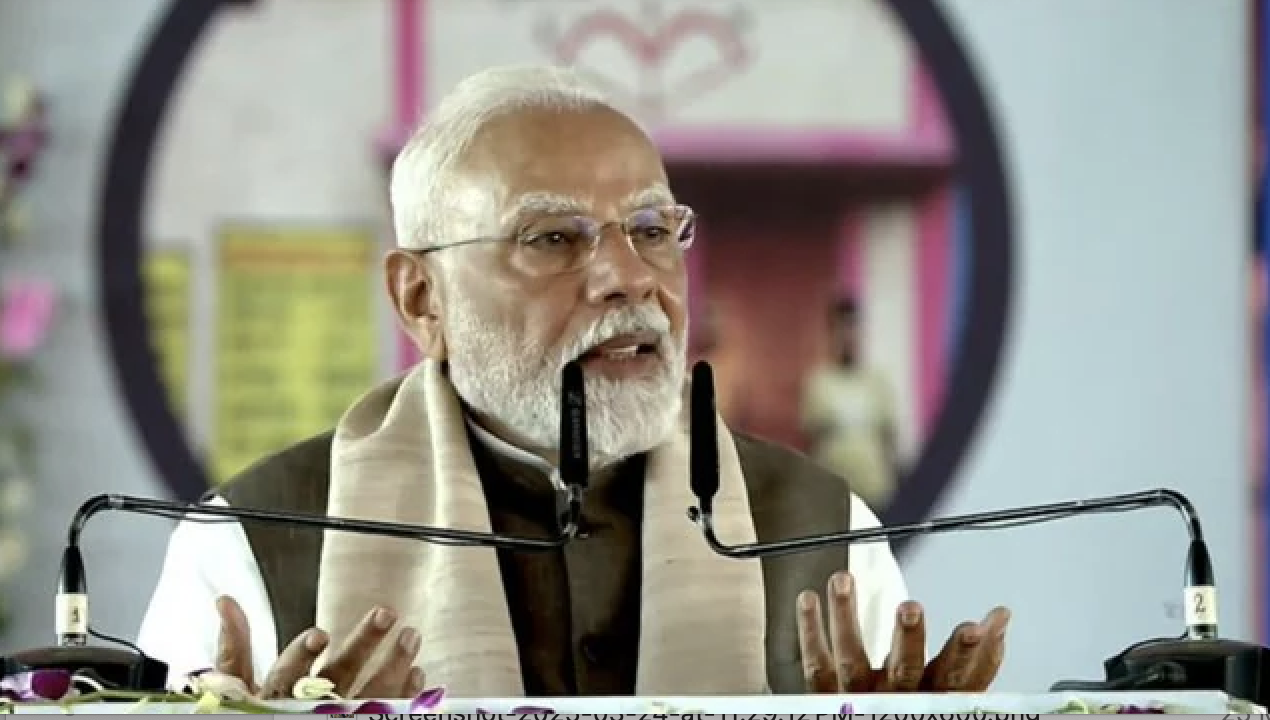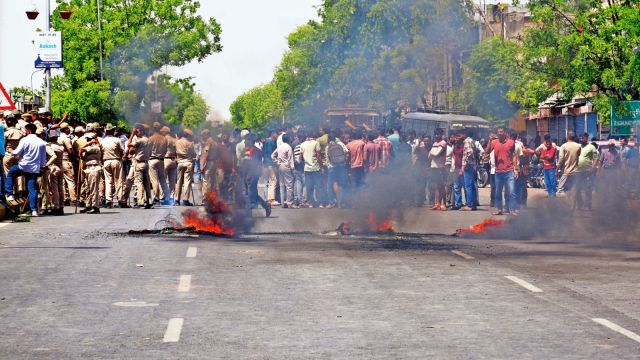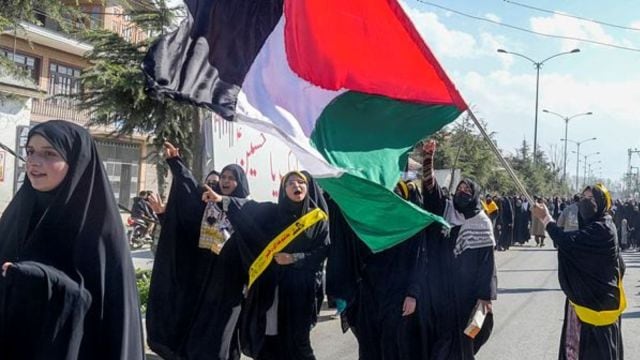
There is a long-told tale of the boiling frog. A frog dropped into boiling water will immediately jump out to escape. However, the story goes that a frog dropped into lukewarm water that is gradually warmed will float placidly in the water. By the time the water begins to boil, the frog will not have noticed the slowly increasing temperatures and, instead of jumping out of the water, the frog will allow itself to be boiled to death.
The boiling frog is mere folklore, but it is a useful allegory for how we allow dangerous situations to unfold slowly until they get to a point at which they are impossible to escape. The Holocaust and the Rwandan genocide are examples of the costs of failing to recognise the warning signs of genocide and instead continuing to bear the slowly increasing temperatures, until the situation is inescapable.
In India, when it comes to minority populations, the water is already scalding hot and is rapidly reaching boiling temperature. Professor Gregory Stanton is an expert on genocide who has authored The Ten Stages of Genocide, a model of genocidal processes that the US state department and the UN have used to recognise where genocide is likely to take place. He recently stated at a webinar hosted by Justice for All (a US human rights organisation at which I work) that India is at stage eight — the persecution stage — of the genocide process. India is quickly approaching stage nine — the stage of extermination.
For those people observing what has been happening in India, this comes as no surprise. With the blessing of an increasing ethno-fascist government, prominent Indian nationalists have long been calling for the extermination of religious minorities. These perpetrators have become increasingly emboldened as they have enjoyed impunity from the Indian government and silence from the rest of the world.
Government officials work hand in glove with prominent Hindu nationalist clerics who openly incite their millions of followers to take up arms against Muslims and Christians to establish a Hindu state.
On 8 August 2021, a Hindutva rally, organised by Ashwini Upadhyay, a leader in India’s governing Bharatiya Janata Party (BJP), at Jantar Mantar in Delhi, called for mass murder of Indian Muslims: “We have to destroy all three — Islam, Muslims and Quran … Spread this task like wildfire, the destruction of Islam should be on every branch of every tree,” he said. Incendiary pamphlets insulting Islam, demonising Muslims and calling for genocide were handed out.
Between 17 and 19 December 2021 several prominent Hindu religious leaders and Hindutva-aligned organisations convened in Haridwar, India, for a Hindu Religious Parliament, or “Dharma Sansad”. The event was organised by popular Hindu priest and Hindutva leader, Yati Narsinghanand Saraswathi. He is a self-confessed admirer of Mahatma Gandhi’s assassin, Nathuram Godse, and has brazenly maligned Muslims as the jihadist enemies of Hindus and proclaimed that they do not deserve the right to live.
At the December conference, Narsinghanand urged attendees to take up arms against Muslims and other religious minorities to establish a Hindu state. He stated: “Swords won’t be enough to kill Muslims: we need better weapons.”
His comments were echoed by Swami Anand Swaroop, president of the Shankaracharya Council who runs an Ashram (monastery) in Bengaluru in South India, who stated: “If people celebrate [Christmas] then they are responsible for the damage that will be done to them.” He also called for Hindu youth to: “Pick up swords, guns or whatever you have: war has been declared and it will go on till we have a Hindu nation.”
Sadhvi Annapurna Maa, general secretary of the Hindu Mahasabha (All India Hindu Grand Assembly) also made direct calls for genocide of Muslims. “If you want to finish them off, then kill them … “Nothing is possible without weapons …. Like [Nathuram] Godse, I am ready to be maligned, but I will pick up arms to defend my Hindutva,” he said.
The targeting of minority communities is not new, isolated, or limited to words alone. More than 1000 people were killed in the 2002 Gujarat riots. The vast majority of those who died were Muslim. Mobs of men dragged women and young girls out of their homes and raped them. A senior police officer’s sworn statement to India’s supreme court alleged that now Prime Minister Narendra Modi, Gujarat’s chief minister at the time, incited the anti-Muslim riots in the state. He also alleged that, in a meeting the night before the riots, Modi told officials that the Muslim community needed to be taught a lesson. This is how the current prime minister of India earned the title “the butcher of Gujarat”. The man who was banned from entering the US until recently because of that massacre, today sits in India’s highest office.
Hate speech has played a large role in galvanising mobs and state actors against minority communities, as was evidenced in the Delhi pogrom of February 2020. On 25 December 2019, Narsinghanand declared: “Today the time has come … I want to tell Hindus that this is the final battle.” One day before the mob violence, he stated in a televised interview: “Until we finish them off; until we remove this evil from society known as Islam, how can we survive? … Such people cannot be given the right to live.”
Similarly, Kapil Mishra, the Delhi BJP leader who has subsequently been primarily blamed for the pogrom delivered an incendiary speech to rile up Hindutva mobs against the peaceful anti-Citizenship Amendment Act protesters, warning that he and his supporters will take matters into their own hands, by stating, “but after that we will not listen to the police if roads are not cleared”. Over the next three days, mobs fanned out across the Delhi district targeting the protesters and Muslims as they raised slogans ranging from “Jai Shri Ram” to “Har Har Modi”, “Modi ji, kaat do in mullon ko (Modi, cut these Muslims into pieces)”. The pogrom left more than 50 people dead, and many businesses and homes destroyed. Most of the victims were Muslim.
Systemic repression of minority communities is now written into the laws of India. The Indian government has already passed discriminatory laws like the Citizenship Amendmend Act, which fast-tracks citizenship for refugees from neighbouring countries but excludes Muslims, and the National Register of Citizens, which has already rendered millions of Muslims stateless and confined in Assam’s detention camps.
The abrogation of Article 370 has stripped Kashmir of its semi-autonomous status, leaving dim hope for Kashmiri freedom from Indian militarisation and occupation or the realisation of Kashmiri self-determination. The new Kashmiri domicile law has changed the demographics of Kashmir to the detriment of Kashmiris. Cow-slaughter laws in many states have been made more stringent to target non-Hindus and criminalise the transportation, possession, and sale of cattle and beef.
Violent vigilantes have been catalysed by this climate and have taken on the banner of Hindu nationalism to target minority communities. There has been an exponential rise in hate crimes such as beef lynchings, forced conversions, and attacks on non-Hindu religious clergy and places of worship.
Cow lynchings are rife — vigilante mobs target and exact violence against minority groups, forcing them to chant Hindu religious slogans and then lynching them, all under the guise of cow protection. Security forces are given wide powers when violation of cow protection legislation is suspected — not only can the police arrest suspects without any type of warrant, but they are also authorised to enter and search premises and seize animals.
The desecration and demolition of houses of worship and attacks on religious leaders from minority communities is now rampant. In November 2021, the BJP’s paramilitary outfit, the Rashtriya Swayamsevak Sangh, attacked and vandalised at least 16 mosques in the state of Tripura. In the north Indian town of Gurugram, Hindutva groups disrupted Muslims offering Friday prayers for weeks in a row. Muslims in Indian-administered Kashmir have been deprived for more than two years of their basic religious right of offering Friday congregational prayers at Jamia Masjid, the biggest mosque in Kashmir.
Many religious minority leaders are attacked and arrested under false charges of forced conversions under anti-conversion laws. In July 2021, Hindu mobs in Chhattisgarh disrupted a prayer service and threatened two Christian pastors for alleged religious conversion. Imam Mohammed Umar Gautam and Mufti Kazi Jahangir Qasmi were arrested under the anti-conversion law and accused of converting thousands to Islam. On 5 September 2021, also in the state of Chhattisgarh, a Christian pastor, Harish Sahu, was beaten for allegedly engaging in forced religious conversions.
These attacks have also taken on a gendered dimension by targeting Muslim women. In July last year, an app and website called Sulli Deals created profiles of more than 80 Muslim women using photos uploaded online and described them as “deals of the day”. “Sulli” is a derogatory slang term used against Muslim women. Recently, there was another attempt to harass Muslim women by “auctioning” them online on an app called Bulli Bai that shared photos of more than 100 Muslim women saying they were on “sale”. In both cases, there was no real sale, but the purpose was to degrade and humiliate Muslim women — many of whom have been vocal about the rising tide of Hindu nationalism under Modi.
The situation in India is dire and getting more critical by the day. India has long lauded itself as the largest democracy in the world, but, with the wide-scale repression and ethnic cleansing of minority groups, this title no longer holds true.
The world promised to “never again” stand idly by and allow mass atrocities like the Holocaust to occur. However, that promise rings hollow as the international community remains silent on the Modi government’s growing marginalisation and persecution of Muslims and other minorities.
Democratic nations that are committed to human rights must take decisive action to pressure India to quell its abuses and protect minority communities. Those that incite violence must be held accountable. Just recently Justice for All submitted names of three perpetrators to the US state department in the hope that sanctions would be applied against them in terms of the Global Magnitsky Act.
When South Africa similarly suffered under an apartheid regime, the international community’s sanctions against the apartheid government played a crucial role in paralysing the regime. It is long past time that the South African government and the international community take a principled stance against the Indian government.
This story first appeared on mg.co.za






